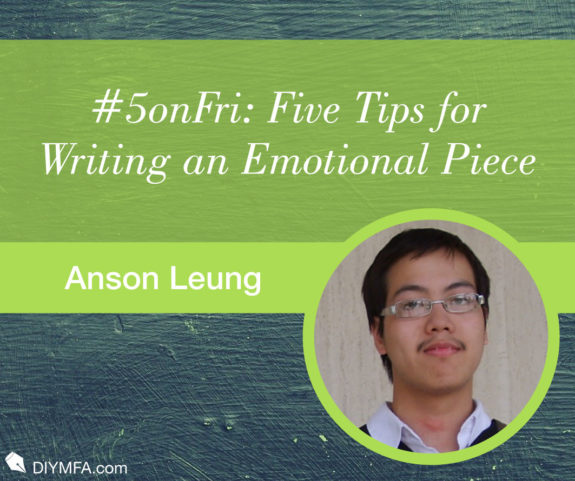We have all been there. You tried to make your flat characters in your short stories come to life, but they seem so bland, generic, and not likely at all to win the next contest you are about to enter. Or perhaps you just want to win a scholarship, which requires an essay that requires you to speak about your past experiences, and why you deserve to win.
At one point or another, we have all wanted to allow our essays to flourish with emotion, and bring to life an exceptional literature piece. But how to get started on this arduous task?
If it were that easy, everybody would be the next bestselling author.
While it is not an easy overnight task, here are five steps that can help make your writing more emotional, and get you one step closer towards writing stardom:
1. Find a template online
This might seem obvious, but a lot of people neglect to do this. When I won an accounting scholarship, I had to write an essay describing why my passion for accounting was exceptional. This was a great time to know how to write an emotional piece of writing. But I didn’t know how to get started.
Luckily, online templates were available. I didn’t plagiarize anything, and certainly, my experiences and emotions were genuine, but they all flowed even better under a template.
The sentence, and even the paragraph structure, had a flow I did not understand at the time, but the template ultimately freed up my mind to focus more on enunciating my emotions towards accounting.
I did end up winning that scholarship, so that is proof that this simple yet effective trick is a golden tip that can help many people.
2. Learn synonyms from a dictionary or online
A short story that keeps using the word “said” can be generic and dull. “Said” is a very overused word. You could replace that word with “exclaimed” every time you used the word, but even a word that shows emotion, if used repetitively, loses meaning.
Synonyms exist because each word has its nuance, its own subtle meaning, which can change itself and the rest of the sentence, maybe even the entire paragraph. It can shift the entire interpretation of a character, or even a story.
That is the power of a word; that is why capturing the correct emotional state is important. If you are not sure of the right word, look it up to avoid messing up your masterpiece. Learn as many words as you can, so you have more ways to express the subtleties of the story you are trying to make.
Only you have the sense of the degree, the superlatives, of your characters’ emotions. You owe it to them to use the right words to express those feelings.
3. Try to put special emphasis on consciously keeping track of the state of emotion in the words you use in your writing
As a tie-in to the point above, you might want to keep track of the words you use in the story to avoid bland words. While your stream of consciousness, a fact I will outline more in the point below, is usually almost flawless, just by getting a bit tired can lead you into using more simple words to express your characters’ feelings.
You usually get these during a proofread and avoid repetitive words in the process, but sometimes, you might have overconfidence in your writing while you’re in the heat of the moment and think you have nailed it perfectly.
To save time, you might avoid putting as much care into that proofreading during that section, thinking you have already done it perfectly. I speak from experience, when I say that even the most seemingly perfect piece of writing in the heat of the moment can be improved even a bit during a second read-over. That marginal increase in writing could separate you from first prize and second.
4. Stream of consciousness and trusting your instincts
Visualize your characters’ feelings in your short story by putting yourself in their shoes within the setting of the story. Don’t think about it; just write. Your instincts, a culmination of your past experiences, will produce a very good result that will reflect most of your feelings in that heated moment of writing.
Editing is to get that last 5% to make it perfect, but for the most part, you are already almost there if you put yourself in your characters’ shoes first, and write from the heart. There is no contrivance in this, and the end result will be a reflection of both the characters, and a part of your own honest feelings.
5. Do not be emotional for the sake of being emotional
This is a very common mistake beginner writers make. They are emotional during every point in an obvious way to try to rope readers in, even when it is unnatural.
When a character is not doing much, it really is okay to leave them bland for the moment. Do not force them to be emotional if it ruins the story. It will also, by following this advice, make the emotional parts all the more impactful.
These are five tips to make your writing more emotional. I hope you find them as helpful as I did!
Tell us in the comments: How do you approach writing an emotional piece?

Anson Leung is a graduate of the University of Alberta’s Bachelor of Commerce program. He is an Alberta based writer who loves all forms of writing, including poetry and article writing. In his spare time, he loves playing tennis and board games.







